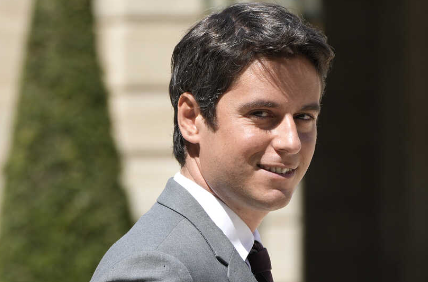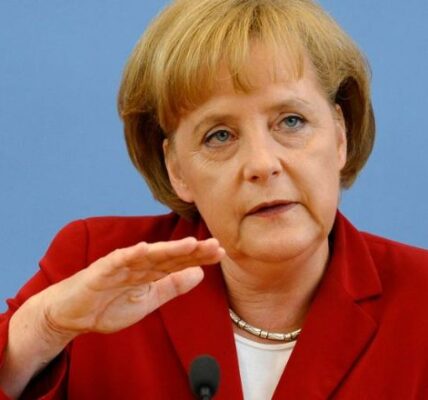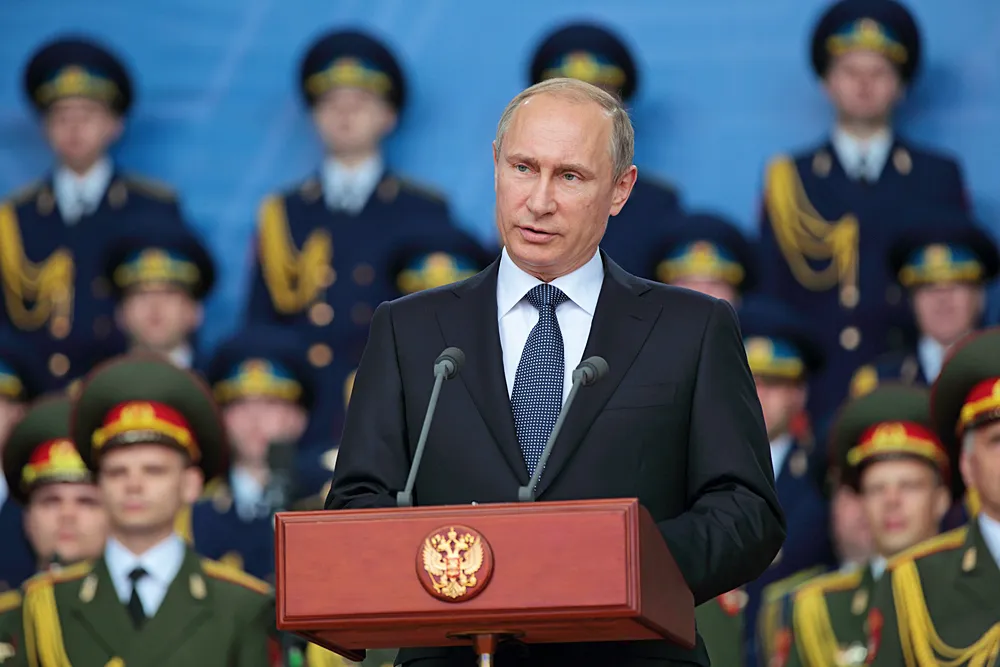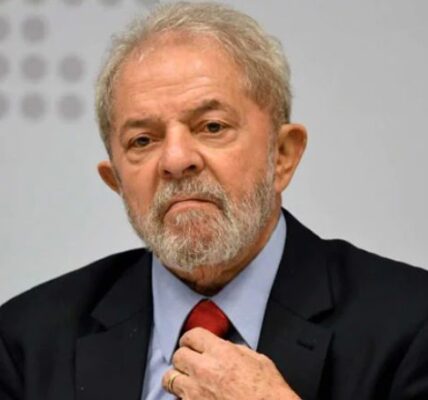
Angela Dorothea Merkel, born on July 17, 1954, in Hamburg, Germany, stands as one of the most influential figures in modern politics. She served as the Chancellor of Germany from 2005 to 2021, making history as the first woman to hold the office and the longest-serving Chancellor in post-war Germany. Known for her pragmatic leadership and steady hand in the face of crises, Merkel was often referred to as the de facto leader of the European Union (EU) and the world’s most powerful woman.
Early Life and Education: A Scientist Turned Politician
Merkel was born Angela Dorothea Kasner to Horst Kasner, a Lutheran pastor, and Herlind Kasner, a teacher. Raised in East Germany after her family moved there in her infancy, Merkel’s upbringing in a socialist state profoundly shaped her worldview. She demonstrated early academic brilliance, particularly in Russian and mathematics, achieving the highest possible grade in her Abitur, Germany’s final school examination.
She pursued studies in physics at Karl Marx University in Leipzig, where she excelled, and completed her doctorate in quantum chemistry in 1986. Her scientific background, coupled with a deep interest in understanding systems and problem-solving, would later define her methodical approach to politics.
Path to Politics: From Science to the Bundestag
The fall of the Berlin Wall in 1989 marked the beginning of Merkel’s political career. Merkel joined the Democratic Awakening (Demokratischer Aufbruch), a pro-democracy movement, and soon became its spokesperson. After German reunification, Merkel joined the Christian Democratic Union (CDU) and rapidly rose through the ranks, becoming the party’s first female leader in 2000.
Merkel’s political career was marked by her sharp intellect and a capacity to bridge divides. She served in various positions under Chancellor Helmut Kohl, including as Minister for Women and Youth and later as Minister for the Environment. Her pragmatism and focus on long-term solutions would soon make her a national figure.
Chancellor of Germany: Leading Through Global Crises
- Global Financial Crisis (2007-2008): Merkel’s leadership was pivotal in Germany’s strong economic response. She advocated for fiscal discipline and bank bailouts, helping stabilize the global economy.
- European Debt Crisis: Merkel’s insistence on austerity measures for struggling EU countries was controversial but ultimately helped stabilize the eurozone.
- Migrant Crisis (2015): Merkel’s decision to open Germany’s borders to over one million refugees drew both praise and criticism, highlighting her commitment to humanitarian principles despite the political challenges.
Foreign Policy: A Global Diplomat
- Transatlantic Relations: Merkel maintained strong ties with the United States and NATO, ensuring Germany’s role as a leader within both alliances during her tenure..
- European Union Leadership: Merkel was a key figure in strengthening the EU’s internal cohesion and advocating for deeper integration, particularly after Brexit.
- Relations with Russia: Despite tensions over Russia’s annexation of Crimea, Merkel worked to maintain diplomatic channels open and initiated key energy projects like Nord Stream 2.
Merkel’s Domestic Legacy: Transformation and Stability
Merkel’s domestic legacy is multifaceted. As Chancellor, she implemented key reforms in healthcare, military, and labor policies. She oversaw the development of Germany’s renewable energy sector and played a pivotal role in the country’s environmental policies. Her leadership through the migrant crisis of 2015, while controversial, demonstrated her commitment to humanitarian principles.
Merkel’s decision to phase out nuclear power following the Fukushima disaster in 2011 is another landmark of her tenure, showing her ability to adapt to changing circumstances and public opinion.
The End of an Era: Merkel’s Departure and Reflections
In 2018, Merkel announced that she would not seek re-election as leader of the CDU, and in 2021, she stepped down as Chancellor. Her departure marked the end of a 16-year reign that saw Germany emerge as a leading economic and political power in Europe.
Merkel’s legacy is one of stability, pragmatism, and resilience. While her policies and decisions remain subjects of debate, particularly in light of the Russian invasion of Ukraine and Germany’s dependency on Russian energy, Merkel’s calm demeanor and commitment to European unity left an indelible mark on the world stage.
Conclusion: A Visionary Leader for the Ages
Angela Merkel’s tenure as Chancellor was defined by her ability to balance the demands of both domestic and international politics. Her legacy is one of perseverance, strategic foresight, and a commitment to rational decision-making. As Europe navigates an uncertain future, Merkel’s leadership style will likely remain a touchstone for those seeking to understand how to lead in turbulent times.





